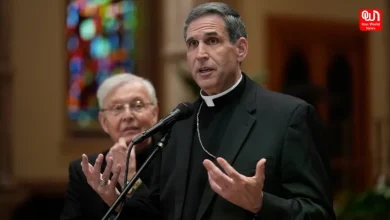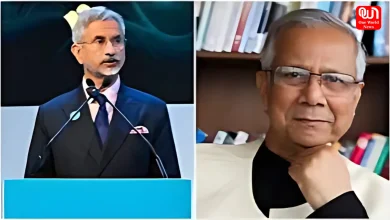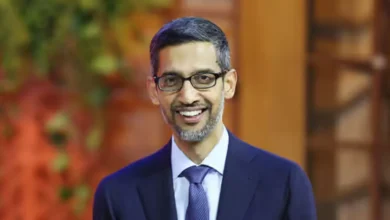How SC order on Internet opens window for challenges and judicial reviews?

The Supreme Court directed government to publish orders of Internet ban
The Supreme Court recently directed the government to mandatorily publish all orders permitting Internet shutdowns opening the stage for challenging suspension orders before courts.
The current ‘Temporary Suspension of Telecom Services (Public Emergency or Public Service)’ Rules, 2017 issued under the Telegraph Act states that it is not necessary for the government to provide notification of the order suspending Internet. The apex court mandated that such orders must be made public.
The court declared that it is a “settled principle of law, and of natural justice” that needs publication of such orders, “particularly one that affects liberty, lives and property of people”. It said that any law which demands compliance of the people requires to be notified reliably and directly.
Individuals can now challenge Internet suspension orders
This allows citizens to now challenge the orders before the courts in J&K and rest of India. Internet services were suspended temporarily in parts of Uttar Pradesh, Karnataka and Delhi due to the protests against the Citizenship Amendment Act. Suspension orders are always subject to the judicial review but in this case, because of the lack of availability of such orders in the public domain, it prevented such challenges before courts.
Gauhati High Court directed the Assam government to restore the Internet services in the state after reviewing suspension orders in December 2019.
According to Software Freedom Law Center’s tracker, Indian tops the list of Internet shutdowns globally. There have been 381 instances of Internet shutdowns since 2012, 106 which were in 2019. The current shutdown of Internet in Jammu and Kashmir is the longest ever in any democratic country.
Read More: 7 qualities that make Kanhaiya Kumar a great orator
The top court also highlighted ‘gaps’ in the current suspension rules. The court tightened the window for broad telecom suspensions in favour of the petitioners, stating that they had to be “unavoidable” and “necessary”.
The bench hearing the petitions said there should not be an excessive burden on free speech even if the complete prohibition is imposed, and the government has to justify the imposition of such prohibition and explain why lesser alternatives will be inadequate, the bench stated.
Have a news story, an interesting write-up or simply a suggestion? Write to us at info@oneworldnews.com







